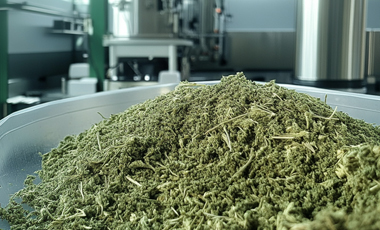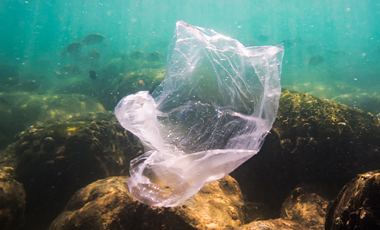

California vs. ExxonMobil: A landmark lawsuit against misinformation about plastics recycling
In an unprecedented move, California has sued ExxonMobil, accusing the company of misleading the public for decades about the viability of plastic recycling and its impact on the environment.
The lawsuit alleges that ExxonMobil, a leader in the production of single-use plastics, used deceptive advertising strategies to perpetuate the false idea that recycling could solve the environmental crisis. While promoting their products as sustainable, the state claims they concealed the reality: less than 10% of plastic waste is actually recycled, while most ends up in landfills or contaminating ecosystems.
Recycling under scrutiny
The case also questions advanced recycling initiatives promoted by industry, pointing out that these produce plastics with minimal recycled content or simply turn waste into fuel, exacerbating the problem rather than mitigating it.
A paradigm shift in corporate responsibility
The lawsuit seeks not only economic sanctions against ExxonMobil, including disgorgement of profits made through deceptive practices, but also the creation of a fund to combat plastic pollution. It also seeks to restrict greenwashing campaigns that present plastics as recyclable when they are not.
Plastics, pollution and climate change
The legal action highlights that plastics not only pollute our ecosystems, but also contribute significantly to climate change, accounting for 4.5% of global greenhouse gas emissions. This legal effort is part of a broader strategy to hold the fossil fuel industry accountable for its environmental impacts and for decades of misinformation about the sustainability of its products.
The impact of this lawsuit
This lawsuit marks a turning point in the fight against the environmental crisis and corporate image laundering. At Landopp, we believe that true sustainability starts with transparency and action. Stories like this reinforce our mission to create real solutions that not only reduce plastic pollution, but also drive fundamental change in the way companies address their environmental impact.
Other related news
-
Sustainability

Industrial hemp: a strategic driver for Uruguay’s new bioindustry
Could this be the cornerstone of a new green and regenerative economy for Uruguay?
-
Sustainability

Redefining Value: Why Investing in Sustainability is No Longer Optional
In a world where the word "cost" drives key business and government decisions, we need to rethink what we are talking about when we talk about investment.
-
Sustainability

At the bottom of the sea: the garbage that betrays us
The Calypso Trench in the Ionian Sea reveals a worrying concentration of marine debris, revealing the extent of human pollution in the depths of the ocean.
-
Sustainability

Hemp: A crop with a future
For years its potential was ignored, but today the world is rediscovering all that hemp can bring to industry and the environment.
